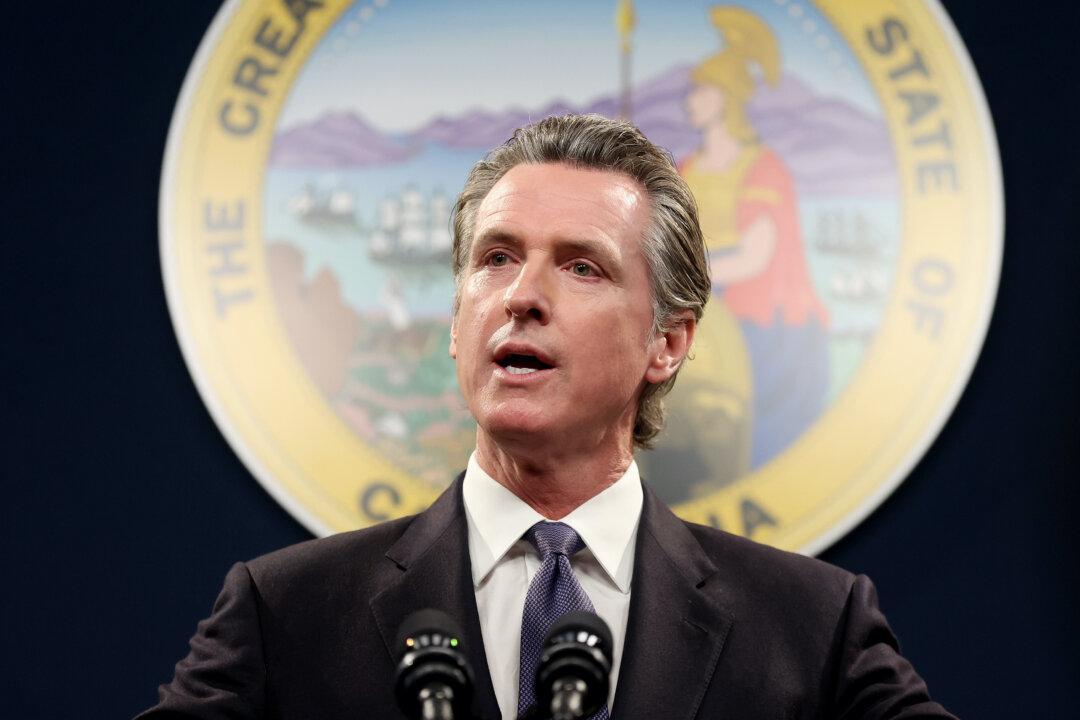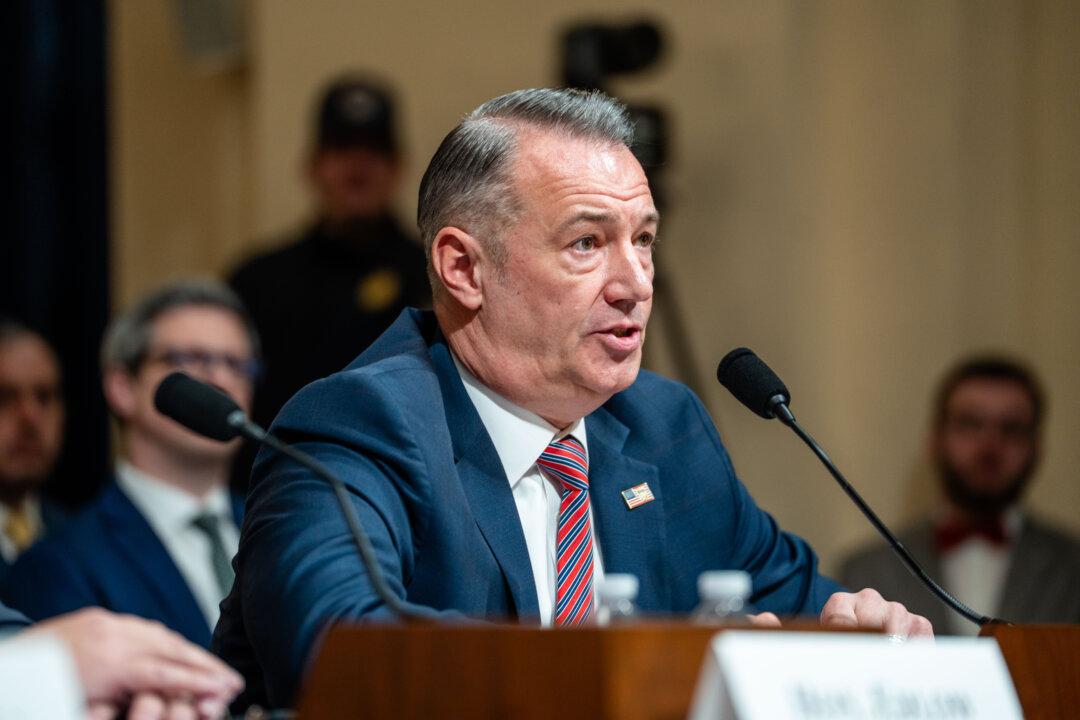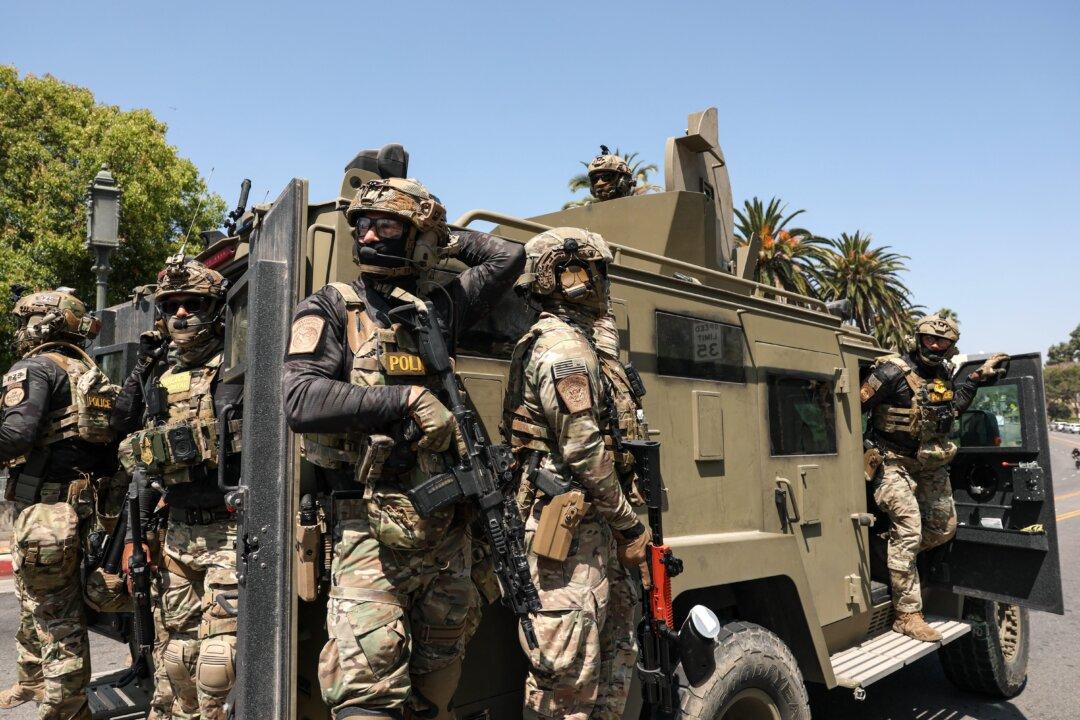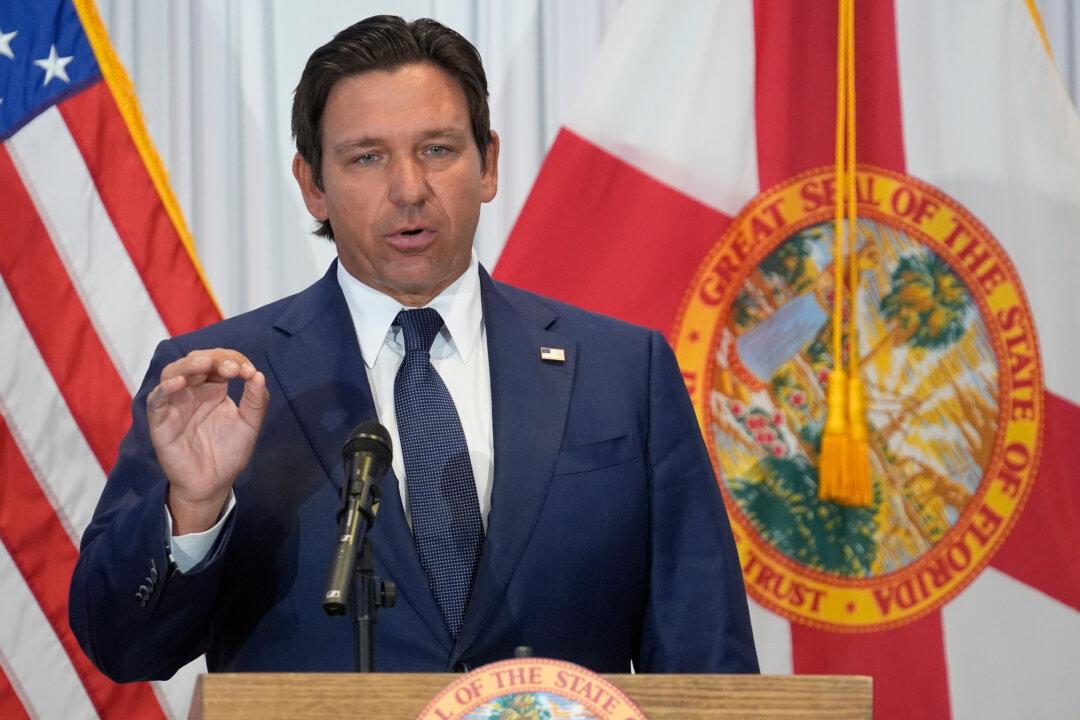The California Senate’s Public Safety Committee voted Aug. 29 to proceed with Gov. Gavin Newsom’s proposal to call for a constitutional convention to add gun control measures to the U.S. Constitution.
State senators on the committee voted 3–1 in favor of Senate Joint Resolution 7, authored by Sen. Aisha Wahab (D-Fremont), calling for a convention to consider and ultimately pass Mr. Newsom’s proposal to add a 28th Amendment to enshrine his gun control policies.





